The European Court of Justice has ruled that Safe Harbour -- the data sharing agreement between the US and EU -- is invalid. But what does this actually mean for the people of Europe and the companies they interact with on a regular basis?
Tagged with guidance
When you fly a drone in the UK it is your responsibility to be aware of the rules that are in place to keep everyone safe.
Footage posted online suggests people across the UK are frequently using drone cameras illegally - and incidents reported to police appear to be rising. So why have only three people been prosecuted? And are drones actually dangerous?
Read the article here
'It’s never been more important to make sure you are helping to keep your child safe in the digital world. Our simple guide will help to put you in control and help you and your
children understand dangers of sexting and cyberbullying as they head back to school.'
Download the guide by Internet Matters here.
Made in collaboration with Common Sense Media's partner Flocabulary, the experts in educational hip-hop, this animated music video raps about the hazards of oversharing online and emphasizes a thoughtful approach to digital footprints. Tweens, teens, and adults can laugh and learn about the ups and downs of communicating and connecting in the digital world.
Download the presentations from this event
This CPD event was led by London Grid for Learning's esafety specialists Katy Potts and Penny Patterson, with Guest Speaker Sara Khan
The scope of e-safety is always rapidly changing, and the use of social media and online environments increases contact risks.
This event was aimed at school leaders, senior leadership teams and school child protection leads and content included:
- How extreme content is seen, shared and becomes viral.
- The harm caused by the media in warping perceptions of the involvement children and young people in extreme behaviours.
- The impact on children and young people when exposed to extreme content, such as atrocity videos. Extreme violence becoming normalised.
- How many forms of harm and abuse, whether radicalisation, sexual abuse, child sexual exploitation, gang membership - all start with a grooming process.
- How good quality ongoing e-safety, PSHE education etc., is essential in helping children and young people develop their own sense of risk, raise their self-esteem and self-worth.
- How to recognise and respond to signs of radicalisation of students in your school.

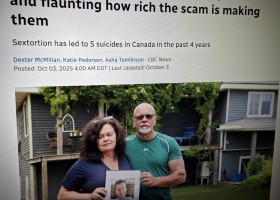

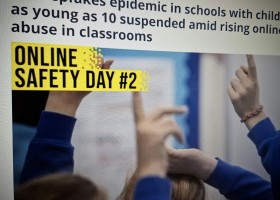

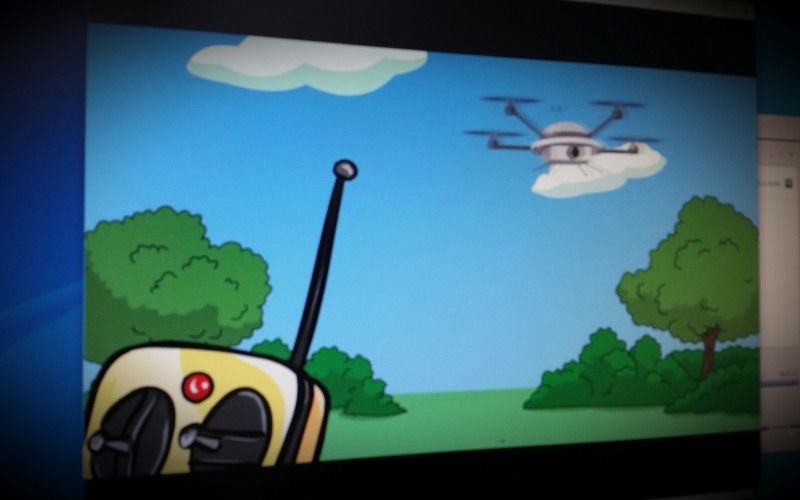
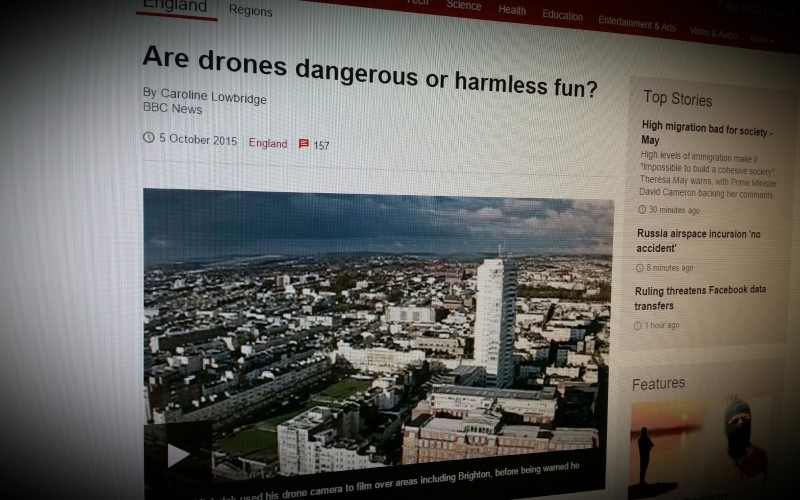
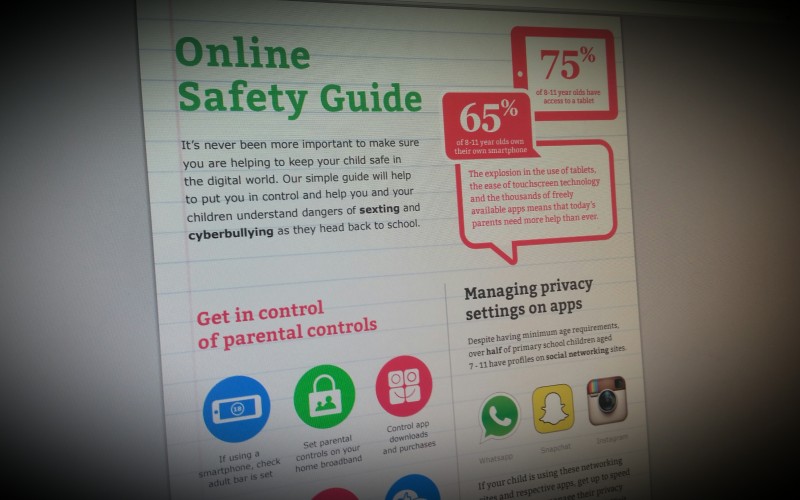
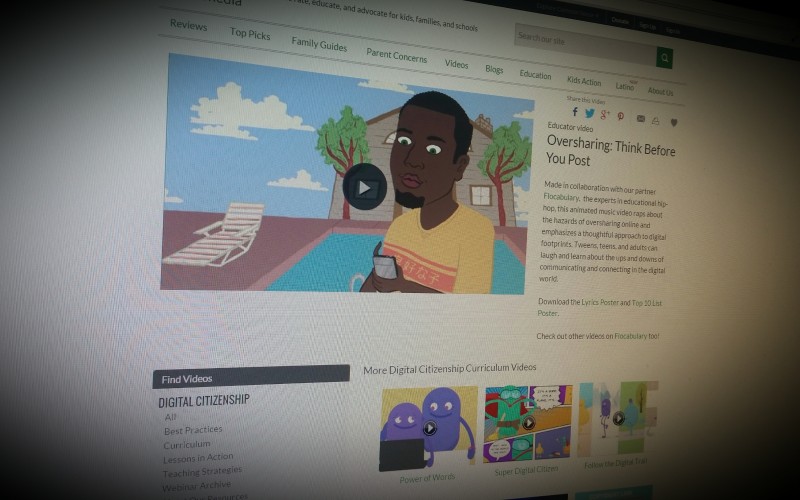
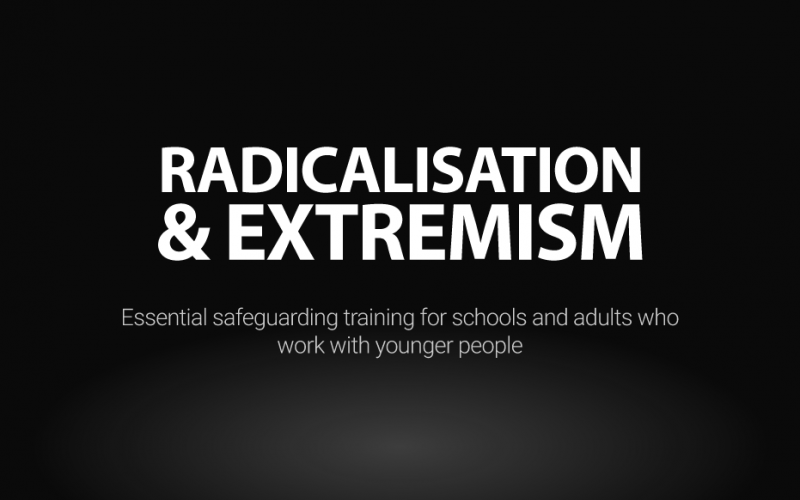
Comments
make a comment